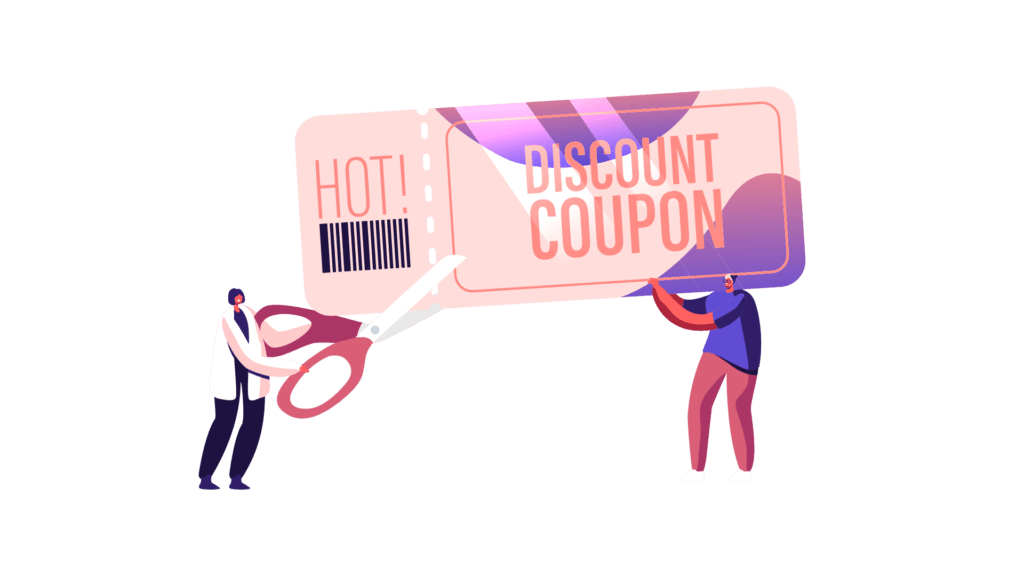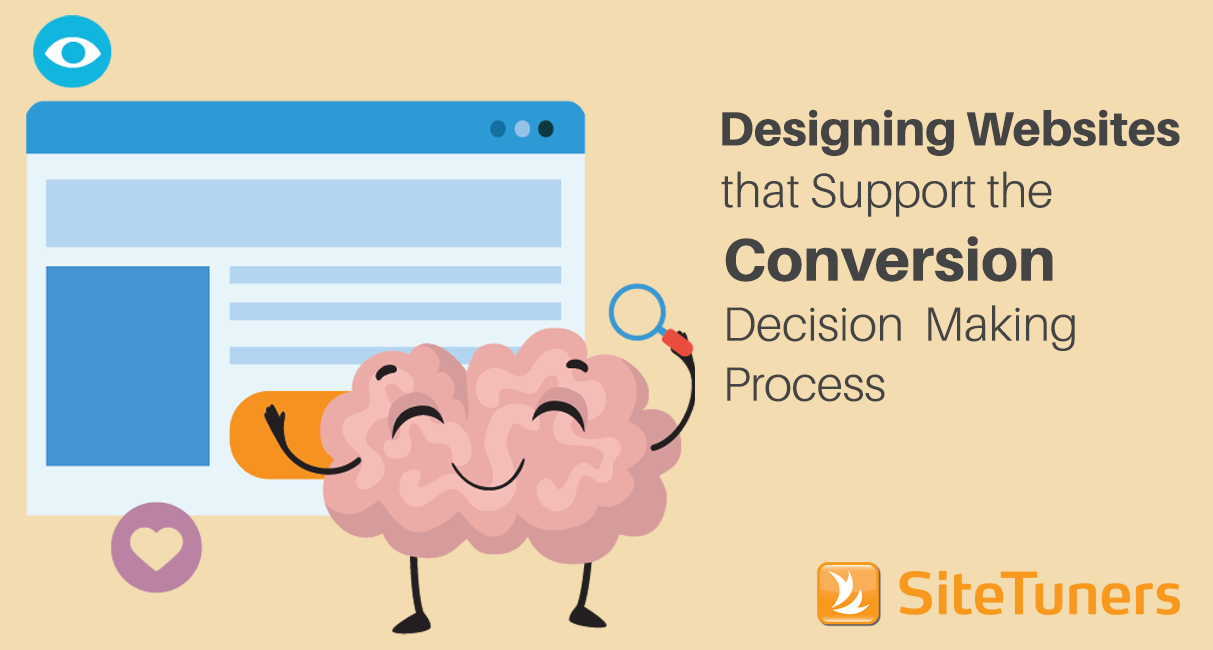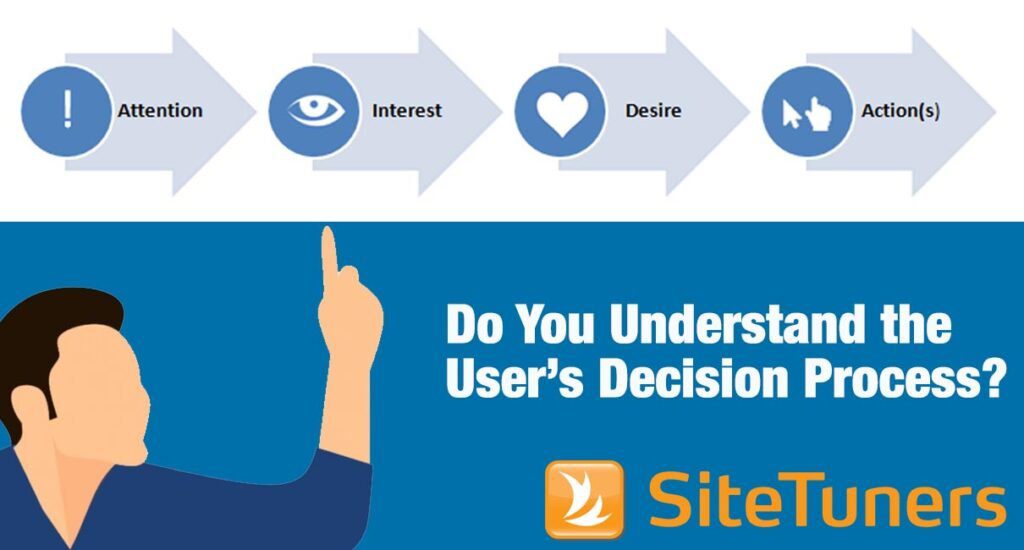Summary: Persuasion is an important aspect of our daily interactions, often going unnoticed. Understanding the nuances of persuasion can make you a skilled persuader, positively affecting your relationships, career, finances, business, and friendships. Sharpening this skill will help you empathize and communicate effectively with others, increasing your conversions.
The Importance of Knowing Persuasion Psychology
The term “persuasion” refers to the act of one person, brand, or other entity influencing the behavior or attitudes of another. It’s important to note that persuasion should not occur through coercion or force but through negotiation or influence. Sitetuner’s president Marty Greif says in his book True Connections: Relationship Marketing in the Digital World: “Persuasion is a skill, a technique, a strategy, and an art all rolled into one. It is largely based on understanding the psychology, behavior, motivations, and needs of a person in order to influence their choices” (p.76). It’s easy to see why persuasion is crucial in effective marketing, which is vital for a thriving business. Ultimately, the goal of making a sale involves persuading potential customers that they need your products.
Understanding consumer behavior is crucial for marketers as it enables them to comprehend the factors that impact consumers’ purchasing choices. This knowledge allows them to identify the gaps in the market and determine which products are in demand and which are outdated. “Persuasion is multi-layered. It’s not aimed at simply telling someone what to do; it is all about giving someone enough reason to choose to do it themselves. There is a world of difference between telling someone what to do and persuading them to do it.” (True Connections: Relationship Marketing in the Digital World p.77)
The goal is determining the best way to showcase your products for maximum impact on potential buyers. When you understand how consumers make purchasing decisions, you can better reach and engage with them, increasing the likelihood of converting them into customers.
There are several key factors to consider when conducting a consumer behavior analysis. These factors will impact how you reach potential customers and guide your marketing strategy, including the persuasion techniques used by your company.
Let’s explore the five key elements of persuasion.
Trust: Credibility and quality are key when it comes to persuading someone. Even the most strategic approach won’t work if the shopper doesn’t trust you. However, if you’re transparent, accurate, and highly trusted, it’s more likely that customers will view you positively. And when people like you, it becomes much easier to persuade them.

Message: Your words can either make or break a conversion. The content you put in your emails, ads, and other materials will greatly influence whether or not someone will purchase from you. The most effective persuasive writing combines factual information with emotions to establish credibility and evoke a sense of connection.
Medium: The success of your message depends on the channel you select to connect with your target audience. Be mindful when choosing your platforms, whether it is email, social media, or any other medium.
Public: In order to successfully persuade someone, it’s important to understand who your audience is. It’s difficult to convince them to purchase without knowing their specific needs and motivations. Designing a successful strategy requires understanding your audience’s wants and preferred method of persuasion. Tailoring your approach to communicate and connect with them effectively is essential.
Effect: What is the desired action you wish to encourage shoppers to take? Without a specific objective, it can be challenging to determine the effectiveness of your endeavors.
6 Ways Persuasion Psychology Helps Conversions
When it comes to gathering information on persuasion, there are several options available. However, if you’re looking for the ultimate guide, Robert Cialdini’s The Psychology of Persuasion is the clear winner. This esteemed business book is widely recognized as the go-to resource on the subject, and for good reason. Let’s take a closer look at the six principles that Caldini has outlined in his book, which have been the result of extensive research on persuasion.
- Reciprocity
Research has demonstrated that offering assistance to others can increase the likelihood of receiving help in return. However, it’s not feasible for online retailers to personally offer a sample to every customer. So, how can you still utilize reciprocity to your advantage? In the realm of e-commerce, this can be accomplished by extending a 10% discount to customers on their initial purchase to make it more attractive or by sharing an insightful blog article in exchange for their email address.
Have you ever found yourself purchasing an unexpected sausage at Costco because you felt obliged after trying a free sample? This is the principle of reciprocity in action.

- Consistency
Humans tend to follow their established routines and patterns. The principle of commitment and consistency is based on the concept that past behavior indicates future actions. If someone performs a small gesture of kindness, they are more likely to extend it to a larger one in the future.
In practice, this could involve asking potential buyers to do something simple, such as sharing a blog or referring a friend, with the expectation that they may make a larger purchase from you later. These minor actions can serve as an opportunity to establish a connection and convince people to return for future purchases.
- Social Proof
In today’s world, social proof holds more weight than ever before. Consumers are relying heavily on customer reviews, especially in the wake of the pandemic. Brands with ratings below 4 out of 5 stars are at a significant disadvantage as they struggle to earn consumer trust. It’s well-known that people are more likely to buy something if it comes highly recommended, especially from a friend or peer.
Social proof is closely linked to the principle of liking. As social beings, we tend to have a natural cognitive bias towards things others already approve of. Demonstrating the popularity of your site and products can be a powerful psychological trigger influencing consumer decisions.
- Scarcity
The concept of scarcity marketing revolves around leveraging the fear of missing out to motivate people to take action. As human beings, we often crave things that we can’t have and telling us that we can’t have something only makes us want it more.
However, announcing scarcity is not enough to drive your audience to act. To effectively capitalize on this principle, you must provide enough information for your audience to act on the opportunity. Merely stating that there are only 10 left, for example, without a clear path to purchase, would be counterproductive and frustrating for the audience.
Establishing credibility is a key factor in gaining consumers’ trust when purchasing. Authority figures and reputable brands are often relied upon to make informed decisions. To persuade your audience effectively, it’s essential to demonstrate your credibility. You can establish yourself as an authority in your field by showcasing your achievements, such as winning awards, partnering with big names, and collaborating with influencers. This will enhance your brand reputation and instill confidence in your potential customers.
- Authority
Establishing credibility is a key factor in gaining consumers’ trust when purchasing. Authority figures and reputable brands are often relied upon to make informed decisions. To persuade your audience effectively, it’s essential to demonstrate your credibility. You can establish yourself as an authority in your field by showcasing your achievements, such as winning awards, partnering with big names, and collaborating with influencers. This will enhance your brand reputation and instill confidence in your potential customers.
- Liking
When it comes to making a purchase, people tend to trust their friends more than strangers, especially if the product is something that is personally important to them. This is why creating a likable personality for your brand is important, particularly in a highly competitive market. By establishing common ground with shoppers and showing that you understand their interests, you can increase sales and build stronger relationships with your customers.
Conclusion
As humans, we have the ability to be persuasive. Even if you don’t consider yourself a top persuader, everyday situations require persuasive skills, especially when attracting new customers to your business. Although your persuasion tactics may not occur in person and may not have life-altering consequences, it’s still a valuable skill to refine. By improving your skills in persuasion, you’ll become more influential in marketing and all relationships inside and outside of your organization. “Personal Persuasion is all about opening a dialogue between the customers and a representative from the business who can answer any questions they might have.” (True Connections: Relationship Marketing in the Digital World p.92)




